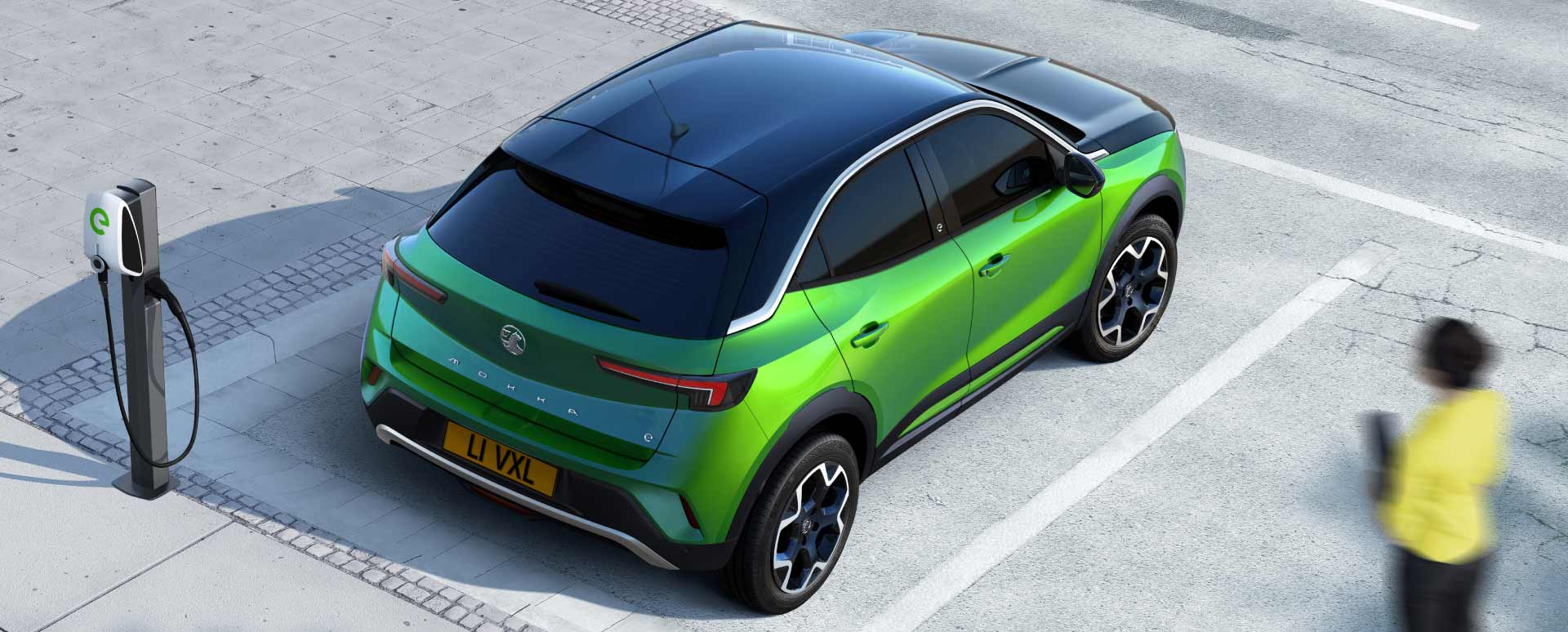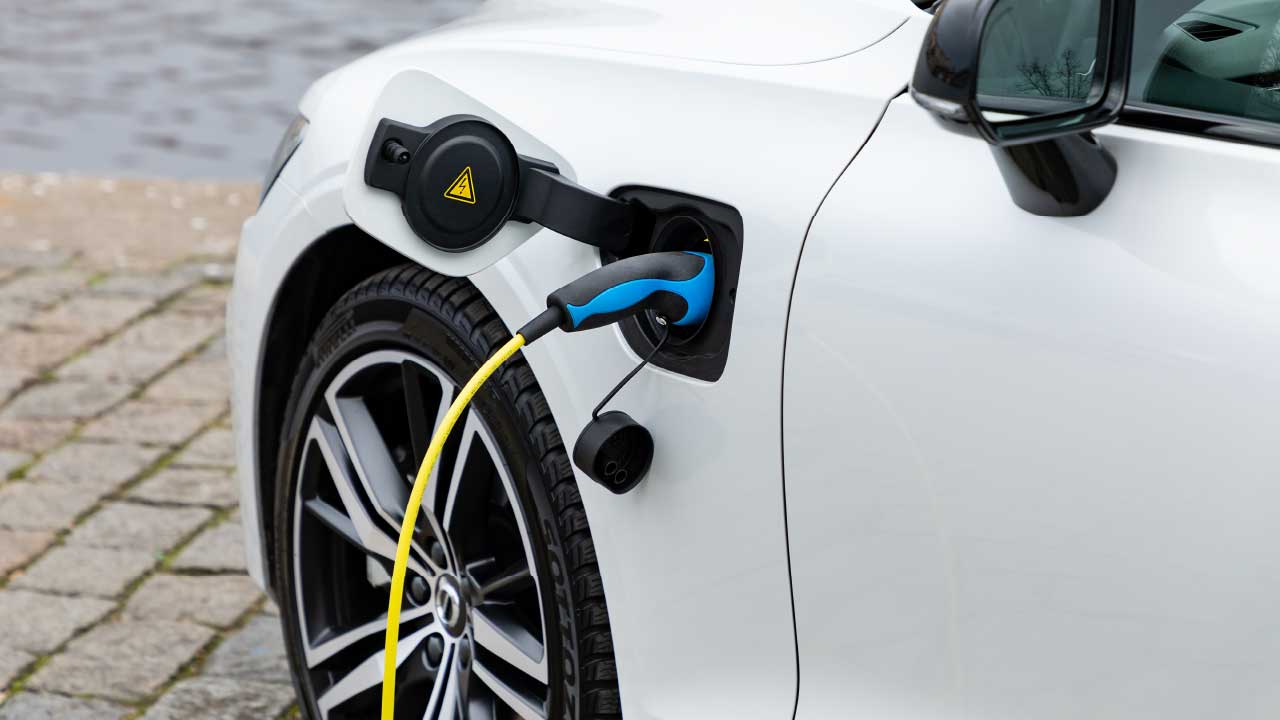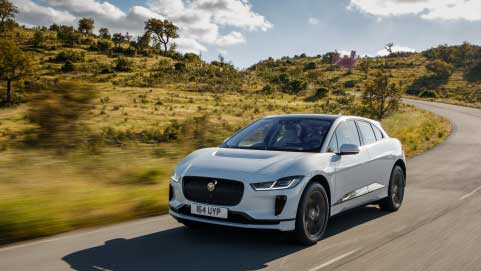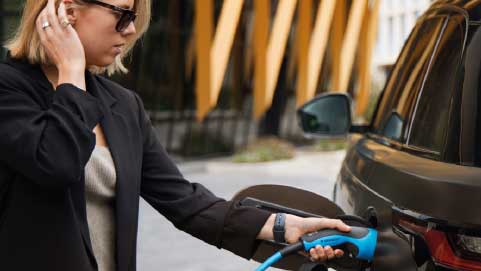An overview of the changes
The workplace and home charging schemes are set to be reformed next year. This reform sees changes aimed at providing additional support for small businesses and renters, with assistance available for the installation of EV charge points.
The Department for Transport (DfT) has opened up the Workplace Charging Scheme and Electric Vehicle Homecharge Scheme to new participants with the aim of supporting the UK tourism industry and improving access to rural areas. There are a number of electric vehicle schemes available to homeowners and businesses, which include:
- Electric Vehicle Homecharge Scheme
- Workplace Charging Scheme
- Chargepoint authorisation
- On-street Residential Chargepoint Scheme
- Ultra-Low Emission Taxi Infrastructure Scheme
Today we are just going to look at the Electric Vehicle Homecharge Scheme (EVHS) and the Workplace Charging Scheme (WCS) focusing on the changes that will be most relevant to our customers, their drivers and employees.
Who will be eligible for the EVHS grant after March 2022?
This scheme will close for homeowners who reside in single-unit properties such as bungalows, detached, semi-detached or terraced housing. The last claim for an installation that the government will accept under the scheme will be April 30th 2022 and the last date for an installation accepted under the scheme will be March 31st 2022.
Currently, the EVHS provides a 75 percent contribution towards the purchase and installation of an electric car home charger. This is capped at £350.
As we mentioned earlier, changes to the EVHS grant mean that only certain individuals/businesses will be eligible for the current grant as it is. The scheme will end for homeowners, but the reformed EVHS in 2022 will continue to support people living in flats (including leasehold flats) and rental accommodation.
This scheme will become open to:
- Non-resident building owners (including landlords and social housing providers).
- Owners of apartment blocks will be able to provide the building’s parking with charge points using a grant of up to £30,000 per building towards the cost of installing charge points.
The Workplace Charging Scheme
The WCS offers support towards the upfront costs of the purchase and installation of EV charge points for eligible businesses, charities and public sector organisations.
It has been announced that the WCS will be extended to allow SME’s to get hold of chargers for employees. There is a maximum of 40 grants (each up to £350) available for businesses to install charge points for their staff and fleets. This extension to the current WCS platform will be available early in 2022.
The WCS is available to most businesses across all industries as long as they meet the qualifying criteria.
Businesses must:
- Be either a registered business, charity, or public sector organisation
- Declare a need for electric vehicle charging equipment
- Be located in England, Wales, Scotland or Northern Ireland
- Have dedicated off-street parking, but it does not need to be limited to staff or fleet use
- Either own the property or have the landlords consent for the installation
Small to medium-sized enterprises (SME’s) will get additional help in providing their employees or fleets with EV charge points:
- Up to £15,000 will be available per building towards the cost of installing charge points with a maximum of 5 grants available
- The grant amount will depend on the provision needed
- The applicants must be registered with companies house, have VAT registration, and less than 250 employees
- The business location must have associated private parking
- There is no limit to how many charge points can be installed, but a minimum of 5 bays must be provisioned, at least one of which must have a working charge point.
Commercially let properties will also be eligible to apply for the WCS grant to install charge points for employees or fleets of current or future tenants. For these applicants:
- Up to £350 will be available per socket towards the cost of the charge point
- There will be a limit of 100 applications per year
- They must be a registered business or public authority, private entity, or they may be registered with companies house, have VAT registration or be a privately registered housing association.
- Property must be commercially let with dedicated parking
- Charge points to be installed in private parking that is reserved for fleet or employee use







